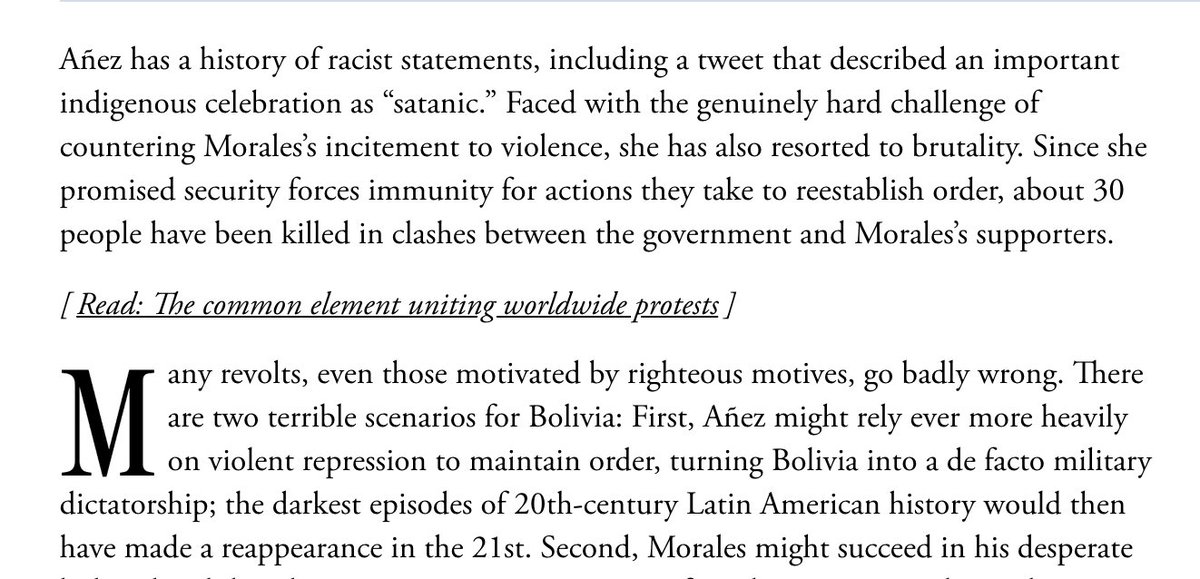But this, by @MetaHumean for @JoinPersuasion, really helped me understand something that's been bugging me about the standard critique of colorblindness.
[Thread]
persuasion.community/p/what-the-cri…
If we imagine a perfect society, Matt Lutz argues, we would want it to be colorblind.
In a country without (a history of) racial injustice, it would obviously be wrong to treat someone differently because of the color of their skin.
"Race consciousness" seems more plausible as a way to remedy injustice in a deeply imperfect society.
But this presumes that people who are hyper-conscious of race will be altruistic rather than determined to fight for their own group.
That, Lutz argues, is unrealistic.
Colorblindness is superior to race consciousness both in what political philosophers "ideal theory," which assumes people who act in a deeply moral way.
But it is *also* superior to race consciousness in "non-ideal theory," which assumes that many people are immoral.
So why does race consciousness often look so plausible?
Because its advocates usually compare an *ideal* version of a race conscious society to a *non-ideal* version of a colorblind society.
But that's a fallacy, which unfairly stacks the deck against colorblindness.
But his argument should change how you argue for your view even if you disagree with his conclusion.
[End]



